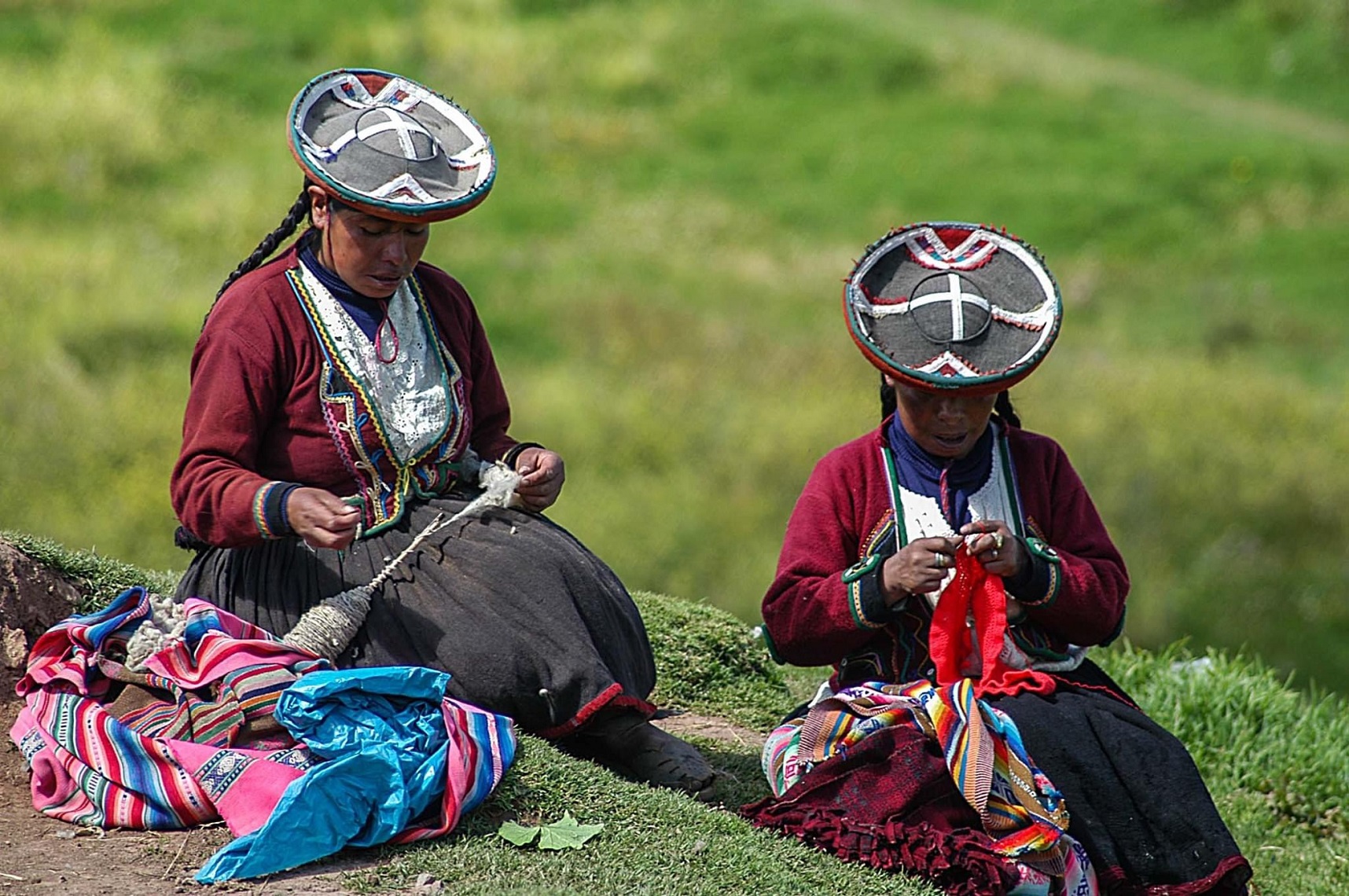

ARTICLE
WITH THE INDIGENOUS WOMAN
BY: JULIO A. LARRAMENDI
The International Day of Indigenous Women was instituted in 1983 during the Second Meeting of Organizations and Movements of America held in Tiahuanacu, Bolivia, in honor of the struggle of Bartolina Sisa, Aymara viceroy opposed to the Spanish domination who was brutally murdered in 1782, in peace. The date of September 5 is a call to attention on the history, the current situation and the future of the women of the original peoples, who have been invisible for centuries, despite being bearers of the legacy of their peoples and playing an active role. role in current struggles for their rights.
The United Nations Forum on Indigenous Issues has stated: “… women make important decisions on a daily basis about agricultural work and the choice of crops, as well as about the daily diet of the family, thus contributing to the livelihood of families. and […]. In this context, women have proposed new forms of bonding within communities, within families and with men, creating conditions to exercise their rights in greater conditions of equality, even challenging the customs and traditions that oppress them ”.
Victims of double discrimination, by race and by gender, indigenous women keep alive the cultural traditions and the rebellion of their ancestors and constitute an essential factor in the defense of our American identity and in resisting a deculturation conceived as a weapon of oppression. neocolonial.
The United Nations Forum on Indigenous Issues has stated: “… women make important decisions on a daily basis about agricultural work and the choice of crops, as well as about the daily diet of the family, thus contributing to the livelihood of families. and […]. In this context, women have proposed new forms of bonding within communities, within families and with men, creating conditions to exercise their rights in greater conditions of equality, even challenging the customs and traditions that oppress them ”.
Victims of double discrimination, by race and by gender, indigenous women keep alive the cultural traditions and the rebellion of their ancestors and constitute an essential factor in the defense of our American identity and in resisting a deculturation conceived as a weapon of oppression. neocolonial.



